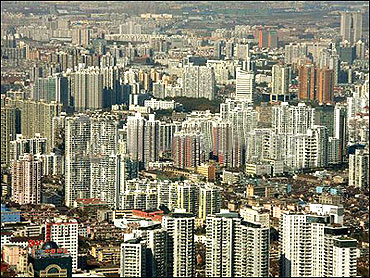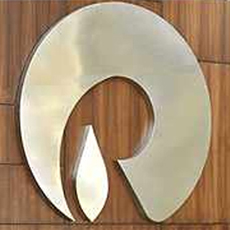 Investors are increasingly putting in more capital into commercial real estate, particularly in the Asia Pacific region and direct investments in this segment are likely to more than double to $1 trillion by 2030, says a Jones Lang LaSalle report.
Investors are increasingly putting in more capital into commercial real estate, particularly in the Asia Pacific region and direct investments in this segment are likely to more than double to $1 trillion by 2030, says a Jones Lang LaSalle report.
Investors are already responding to shifting economic conditions by funnelling more capital into commercial real estate, particularly in the Asia Pacific region, it said.
The report estimates that direct commercial real estate transactional market will exceed $1 trillion per annum by 2030, compared with nearly $450 billion in 2012.
Asia Pacific has outpaced other regions in real estate activity since the global financial crisis, achieving commercial real estate investment volume in 2012 equal to 77 per cent of the previous peak reached in 2007.
The Americas have only reached 62 per cent of that level, while Europe's investment volume is 46 per cent of its peak amount.
"While real estate asset values have shown no immunity to the financial shocks of recent years, real estate nevertheless is emerging as a preferred option for many investors," Jones Lang LaSalle President and CEO Colin Dyer said.
The report - The Advancement of Real Estate as a Global Asset Class, -- said that since 2008,
"The Asia Pacific region is emerging as the long-term winner in the global contest for investment capital, boosted by the rise of domestic pension funds and private wealth," the report said.
Higher returns are convincing many investors to increase exposure to real estate and increased allocations to real estate also reflect investor efforts to reduce risk by diversifying away from the traditional portfolio mainstays of bonds and equities, the JLL report said.
However, there are some operational challenges like low levels of liquidity and in some cases undeveloped capital markets currently constrain institutional investment in the region.
This is partly the reason why most western institutions are underweighted in the Asia Pacific region relative to the size of its real estate markets.
Over the long term, JLL expects relative portfolio weightings to move in favour of the region as high rates of savings, rapid urbanisation, the inexorable rise of the middle classes and evidence of improving transparency increase investor confidence and interest in the region.








